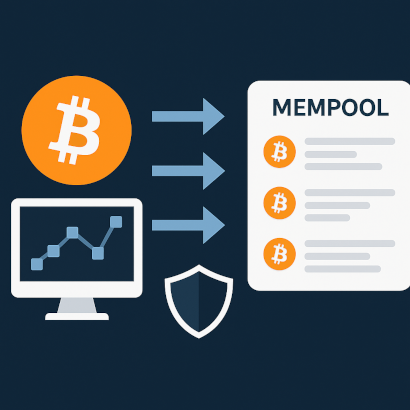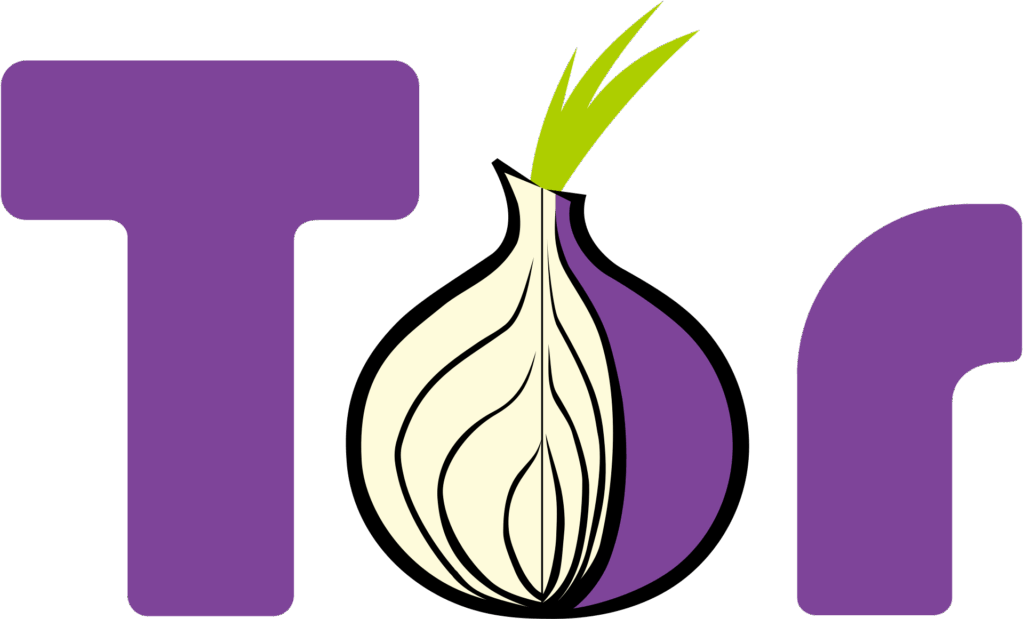Open source software is no longer a niche topic – it forms the backbone of our digital world. Many people are unaware of this, but the majority of computers around the globe already rely on open source technologies. In particular, the internet runs heavily on open source: most web servers operate using the Linux operating system, and countless services and applications – from web browsers to content management systems – are built on open source foundations.
? What Does Open Source Mean?
Open source means that a software’s source code is publicly accessible, modifiable, and free to use. This transparency not only fosters trust but also enables global, collaborative development. Control does not rest with a single company or state – it lies with the community. This prevents users from being locked into expensive subscription models or becoming dependent on individual vendors – a scenario that’s increasingly common with proprietary software.
This issue is strikingly portrayed in the latest season of the series Black Mirror (Season 7, Episode 1): A woman receives a medical chip implant after having a brain tumor removed. The twist? The chip is permanently connected to the provider’s cloud – all data and functionality are processed externally, with nothing stored locally. Without an active subscription, the chip stops working. The software operates on a tiered licensing model with steadily rising costs. Eventually, the woman’s family can no longer afford the increasingly expensive subscription levels – leading to catastrophic consequences.
This dystopian scenario highlights how dangerous it can be when essential technologies are fully controlled by a central provider. It creates a total dependency – both technically and financially. Open source offers a radical alternative: transparent, decentralized, user-controlled, and free.
? Freedom Through Technology
Open source is an expression of digital self-determination. Those who use free software decide for themselves what runs on their devices, what data is shared, and which functions are enabled. This independence is more than just a technical detail – it’s a political statement in an age of digital surveillance, data exploitation, and monopolization.
A particularly powerful example of open source as a vehicle for independence is Bitcoin. Here too, the entire source code is publicly available, every transaction is verifiable, and the system itself is not centrally controlled. The idea of freedom, transparency, and decentralization is central – and would not be possible without open source.
? Security Through Encryption
In an age of widespread digital surveillance, protecting private communication is essential. Open source plays a crucial role here: only with publicly accessible source code can users verify whether a tool is truly secure. Encryption tools such as PGP for email or decentralized messengers like Matrix (with clients like Element) are vital for maintaining privacy and shielding digital conversations from prying eyes.
? A Call to Support Open Source
The benefits of open source are overwhelming: transparency, security, independence, and innovation. But none of this happens automatically. The development and maintenance of free software is often done voluntarily or underfunded. That’s why it’s essential that we not only use open source but actively support it – by contributing to development, reporting bugs, or donating to projects that benefit us all.
Here is a short list of the most famous open source programs:
1. LibreOffice
Free and powerful office suite – alternative to Microsoft Office
? https://www.libreoffice.org/
2. GIMP
Free image editor – comparable to Adobe Photoshop
? https://www.gimp.org/
3. Mozilla Firefox
Secure and fast open-source web browser
? https://www.mozilla.org/firefox/
4. Thunderbird
Email client with calendar and chat support
? https://www.thunderbird.net/
5. VLC Media Player
Versatile media player that supports nearly all formats
? https://www.videolan.org/vlc/
6. Audacity
Audio recording and editing software
? https://www.audacityteam.org/
7. Krita
Professional painting and illustration tool for artists
? https://krita.org/
8. Inkscape
Vector graphics editor – similar to Adobe Illustrator
? https://inkscape.org/
9. KeePassXC
Secure and cross-platform password manager
? https://keepassxc.org/
10. Shotcut
Free, open-source video editor with wide format support
? https://shotcut.org/
✅ Conclusion
In the digital age, open source is not a luxury – it’s a necessity. There is hardly a more powerful tool for freedom, self-determination, and privacy protection. Those who want a free society must also support free software. It’s up to all of us to promote open source – for a digital world that liberates, not controls.






